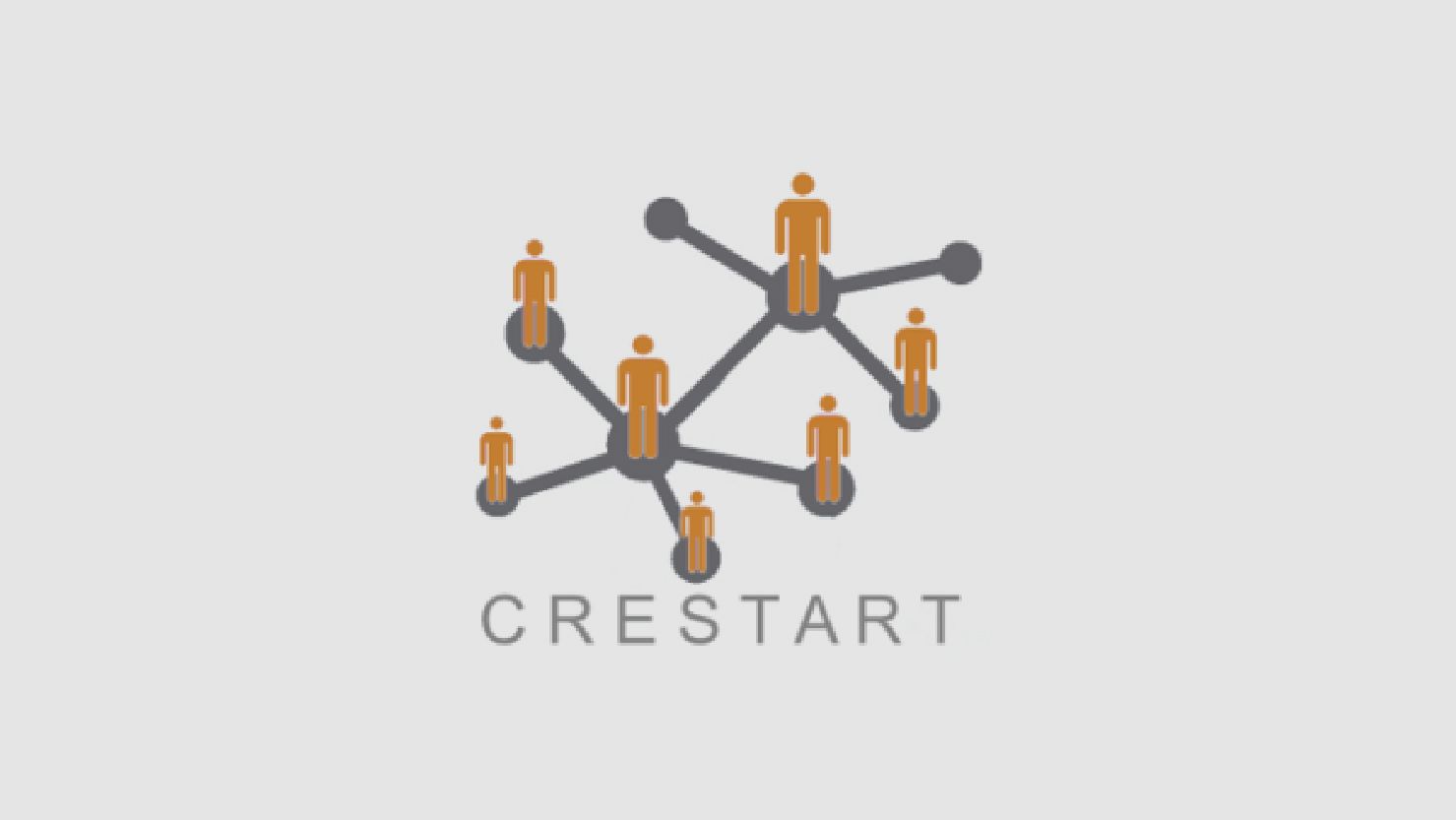Series of Trainings on CSR in Sport
CARDET, via its GoSport project, organized and delivered a series of workshops to representatives of sport organizations on CSR in Sport.
The three workshops were based on the Training Programme developed by the project and were delivered using non-formal participatory approaches. Participants, were given an introduction on CSR and its key aspects and its interrelation with sport. Furthermore, the trainers highlighted the important role sport organizations can play, via actions -initiatives and programmes- in addressing social issues and challenges. Most importantly, they provided them with a thorough illustration of the necessary steps they can take to formulate CSR programmes in their own organization.
The participants were also asked to review, evaluate and provide feedback on the eLearning Platform of the project that can be found here
The GoSport project has a duration of two years and is implemented in Greece, Bulgaria, Italy, Croatia and Cyprus by KMOP – Social Action and Innovation Centre (Project Coordinatior), Bulgarian Sports Development Association, CESIE, IDOP and CARDET. For more information about the project, visit their website.







